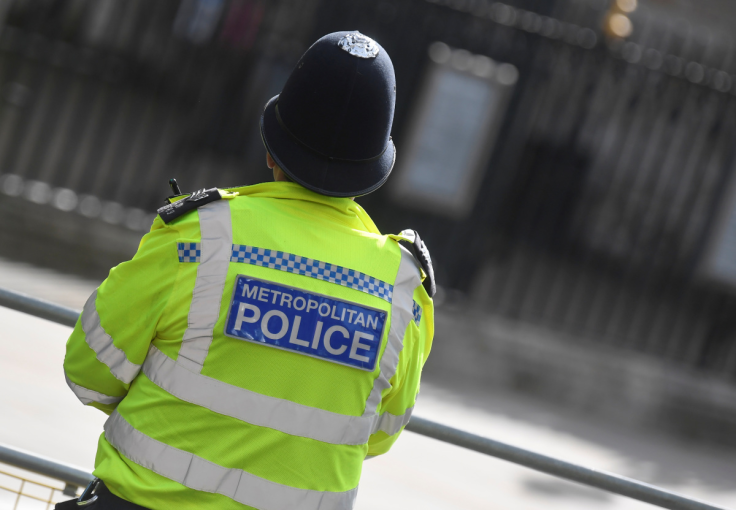Decision from the Metropolitan Police to stop responding to mental health emergencies called "disturbing"
From September this year, MPS officers will only attend 999 mental health emergency calls where there is an immediate threat to life.

The latest decision from the Metropolitan Police Service (MPS) to stop attending emergency calls relating to mental health incidents has been met with scrutiny and deep concern from mental health leaders and charities across the country. From September this year, MPS officers will only attend 999 mental health emergency calls where there is an immediate threat to life.
Believing that this decision will maintain officers' core role of fighting crime, Metropolitan Police Commissioner Sir Mark Rowley has given all health and social care services a deadline of August 31st before the force fully implements this ban, which will only be waived if a threat to life is feared.
In a letter that Commissioner Rowley sent to the Met's health and social care partners on May 24th, he wrote: "I have asked my team that the Met introduce RCRP this summer and withdraw from health-related calls by no later than 31 August". Rowley nonetheless acknowledged the difficulty of the situation and believes "the status quo is untenable".
Independent UK charity, the Centre for Mental Health, has called this decision "disturbing". Centre for Mental Health chief executive, Andy Bell, has said: "A mental health emergency is a health emergency and it rightly requires a health response. Just like a physical health emergency, we should expect that if we have a mental health crisis we would be seen quickly by trained mental health workers in places that are safe, without the need for police intervention."
Bell also stated: "Police officers need to be properly equipped to respond to people in a mental health crisis when their safety is at risk. But we also need sufficiently resourced health and social services to reduce levels of police involvement when someone requires urgent care. And the police should not be the default responder to a mental health emergency."
"It is not appropriate that the Metropolitan Police has simply imposed an artificial deadline and threatened to walk away, with the risk that people in crisis are left in limbo between two struggling public services."
— Rethink Mental Illness (@Rethink_) May 29, 2023
Our response to this breaking news: https://t.co/IEI5XyzpSV
Countless mental health leaders have vociferously expressed their concern for the consequences of what will happen if Commissioner Rowley follows through on this ban.
Mental health charity, Mind, has also responded to this decision from the Metropolitan Police with Mind CEO, Sarah Hughes, stating: "People with mental health problems should be at the heart of any change to the support they receive in a crisis."
Hughes continued by saying: "Any changes to supporting people in a mental health crisis need to be thought through carefully and collectively so that no one is left without support. New plans need to be rolled out with enough time to make sure strong partnerships are built at a local level so that people with mental health problems don't pay the price for this kind of change."
According to the Approved Mental Health Professional (AMHP) Leads Network, which supports mental health practitioners across England and Wales, this ban could result in people with protected characteristics under the Equalities Act, such as those with disabilities or from an ethnic minority, being excluded from receiving the same support as others.
Commissioner Rowley has expressed impatience with astutely limiting the frequency of mental health emergencies, ending his letter to health and social care partners by stating: "My urgency does not speak to a lack of compassion for those in [a] mental health crisis, quite the opposite."
© Copyright IBTimes 2024. All rights reserved.






